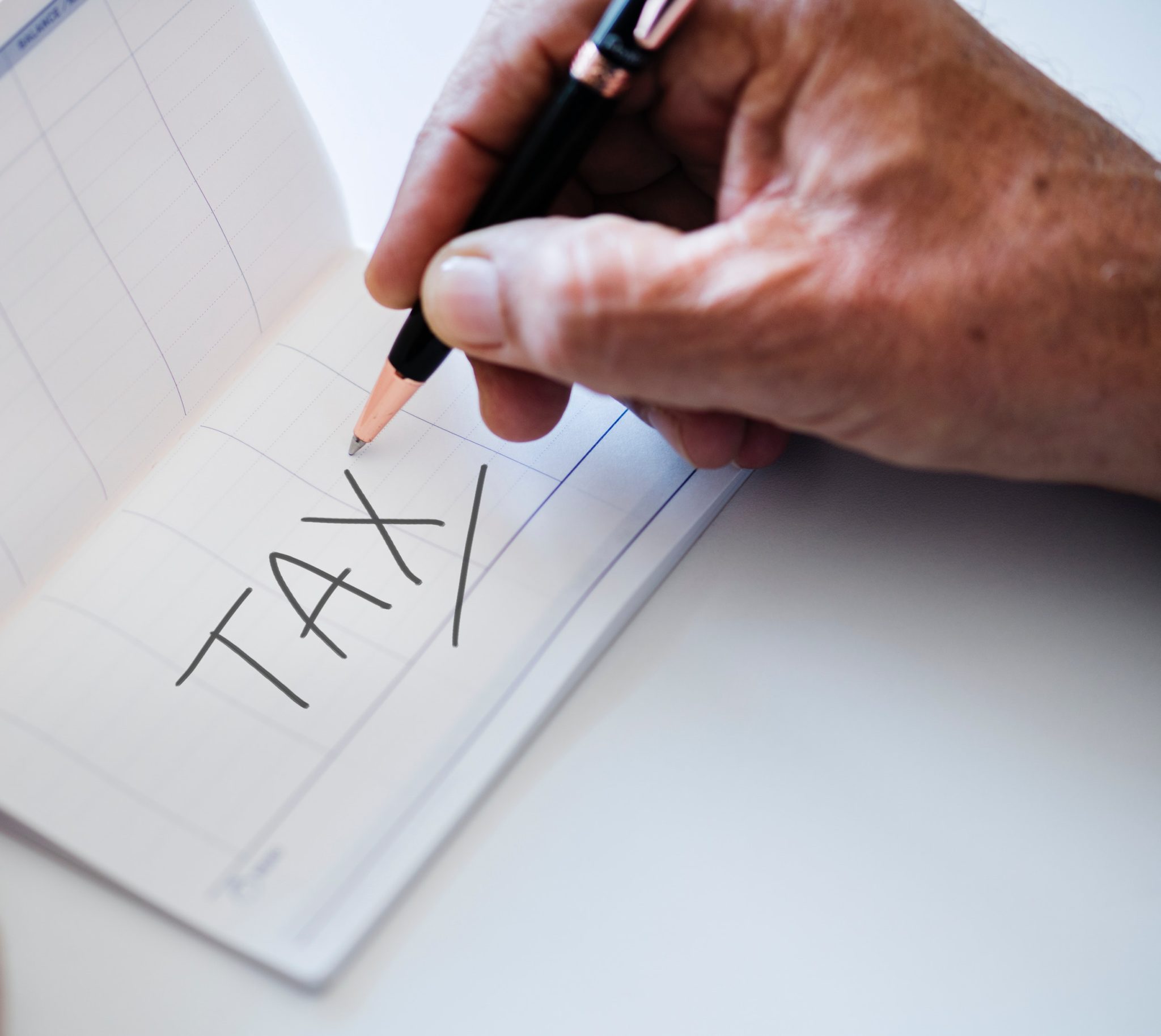Summary. If you’re thinking, “I owe tax to HMRC,” following the pandemic’s financial reliefs, it’s time to address it. As HMRC resumes debt collection, they’ll communicate through various means, prioritising genuine interactions over scams. If contacted, consider repayment or negotiate a tailored payment plan to avoid high interest and penalties. Seek professional tax support if unsure.
The COVID-19 pandemic has caused many different aspects of everyday life to be put on hold. In addition, it has impacted plenty of different businesses, organisations, and national sectors. HMRC itself also had a change in procedures. Throughout the pandemic focused more on financially supporting individuals and businesses, as opposed to collecting taxes. As a result of this switch-up, many people in the UK have benefited from a range of different initiatives. They were designed to get people back on their feet who were struggling as a result of the pandemic. For instance, from the Furlough Scheme to the Self-Employment Income Support Scheme. Financial support has been given out in the masses.
However, as the country begins to return to normal and attempts to financially recover begin taking shape, HMRC is back with its debt collection in full force. To begin with, it will be focusing on collecting taxes from those that have fallen behind over the past 18 months. So, if you have found yourself thinking ‘I owe tax to HMRC’, now is the time to get your accounts in order.
How Does HMRC Contact You?
HMRC will be contacting taxpayers via the most common means of communication: phone, post, email, and text message. It is important to ensure that any communication you partake in is with the legitimate HMRC. This is because unfortunately there are many scammers posing as HMRC officials, trying to con people out of money. If you are unsure if the contact you have had is legitimate, visit this page for more support.
What Shall I Do If HMRC Has Contacted Me?
If you have been contacted by HMRC’s debt collection department, the simplest option is to pay back the tax you owe. However, if you are not in the financial position to do so, there is plenty of support. After the last 18 months, it is inevitable that some people may struggle to pay their tax debts straight away, but HMRC is prepared for this.
Their guidance explains that they will always work with customers to find a way for them to pay off debt in an affordable manner. They say:
“Everyone is different, so the support we offer varies from customer to customer. For instance, we can discuss affordable payment options. Such as a payment plan (called Time to Pay), where customers pay what they owe in affordable instalments.”
With this in mind, it is important that you are honest and talk to HMRC as soon as possible to arrange a payment plan tailored to your financial circumstances. This will reduce the risk of high interest rates and penalties.
What Happens If I Don’t Pay?
If HMRC makes contact and you ignore them, they may decide to send a representative to your home or business address. The first visit will take place in order to ensure you know of the support available to you. It may also provide an opportunity to agree on a payment plan.
However, from September 2021, HMRC have stated that if necessary, they will use enforcement procedures against those who are not responding to communications regarding unpaid tax. They said:
“These powers include taking control of goods, summary warrants and court action including insolvency proceedings, but we only use them as a last resort and we take great care to use them fairly and carefully.”
Do You Owe Tax To HMRC?
If you are worried about your accounts and how much you owe to HMRC, our tax support services can help. our tax support can help you ensure you remain compliant in the most cost-effective way possible. Get in touch with our chartered accountants in Brierley Hill today.
Explore our website for more information. Or, call 01384 261300 to speak to a member of our helpful and friendly team.
If you have found this blog helpful, then you may wish to read our previous blog on VAT Registration For Your Business.



